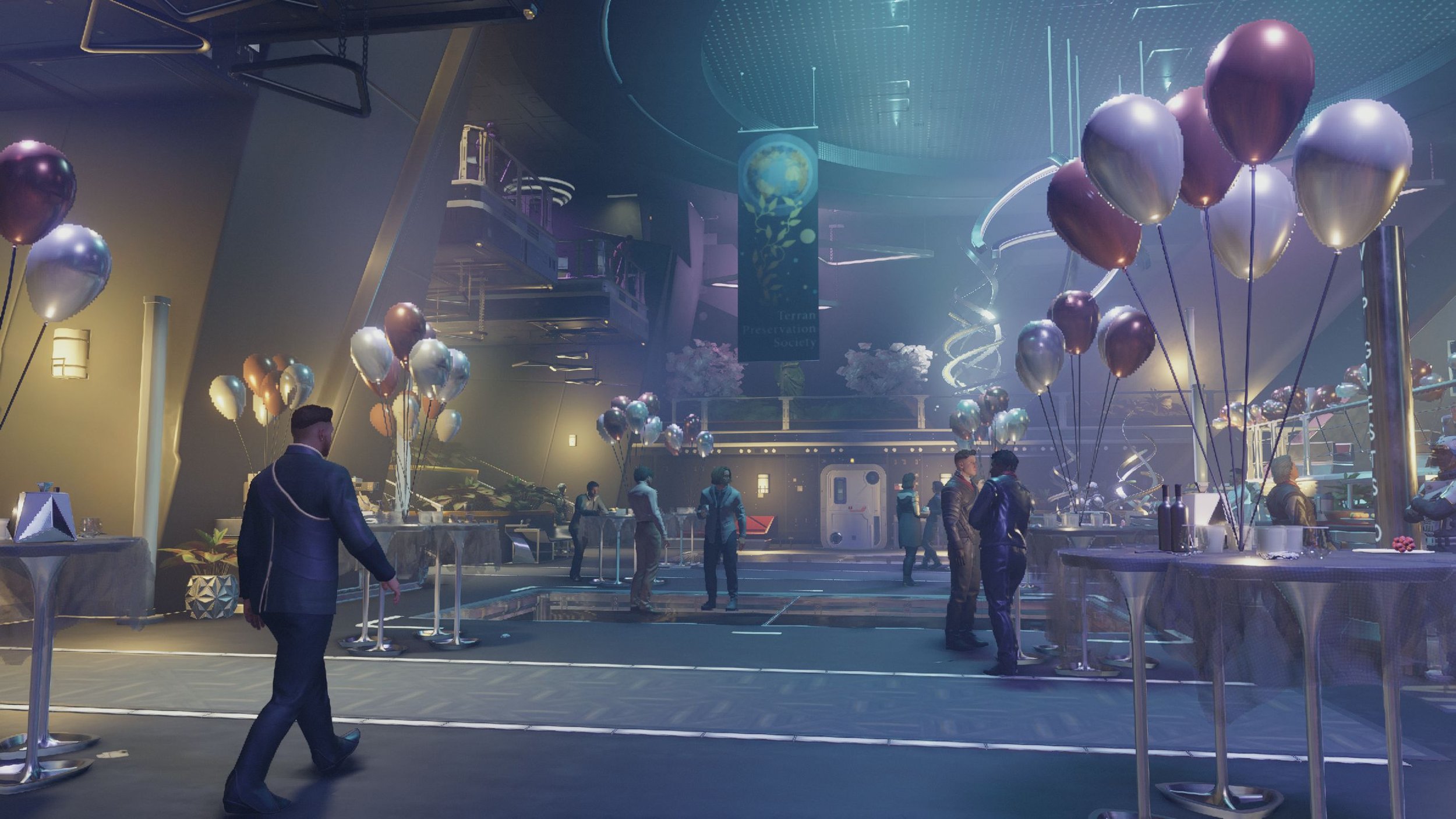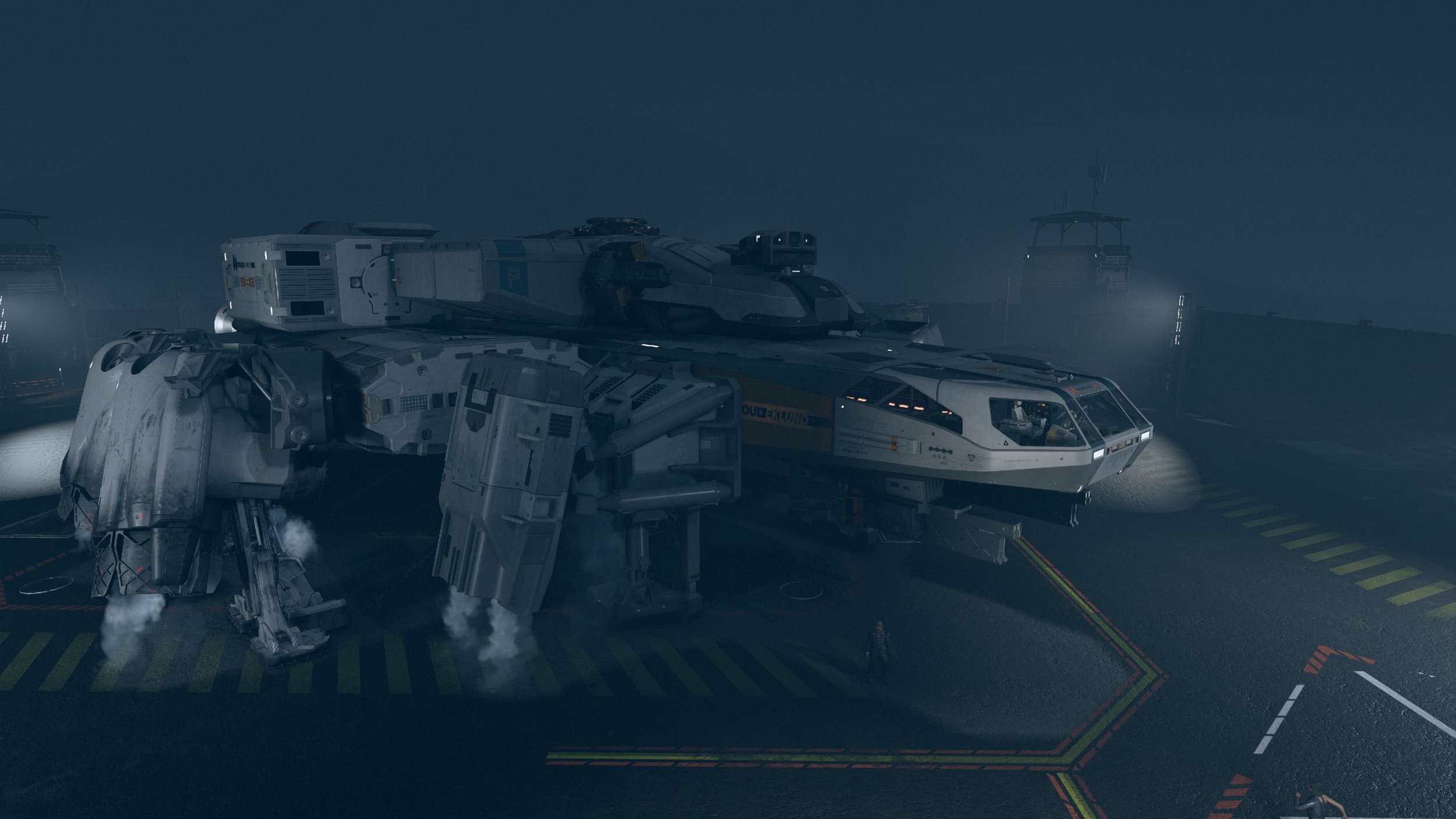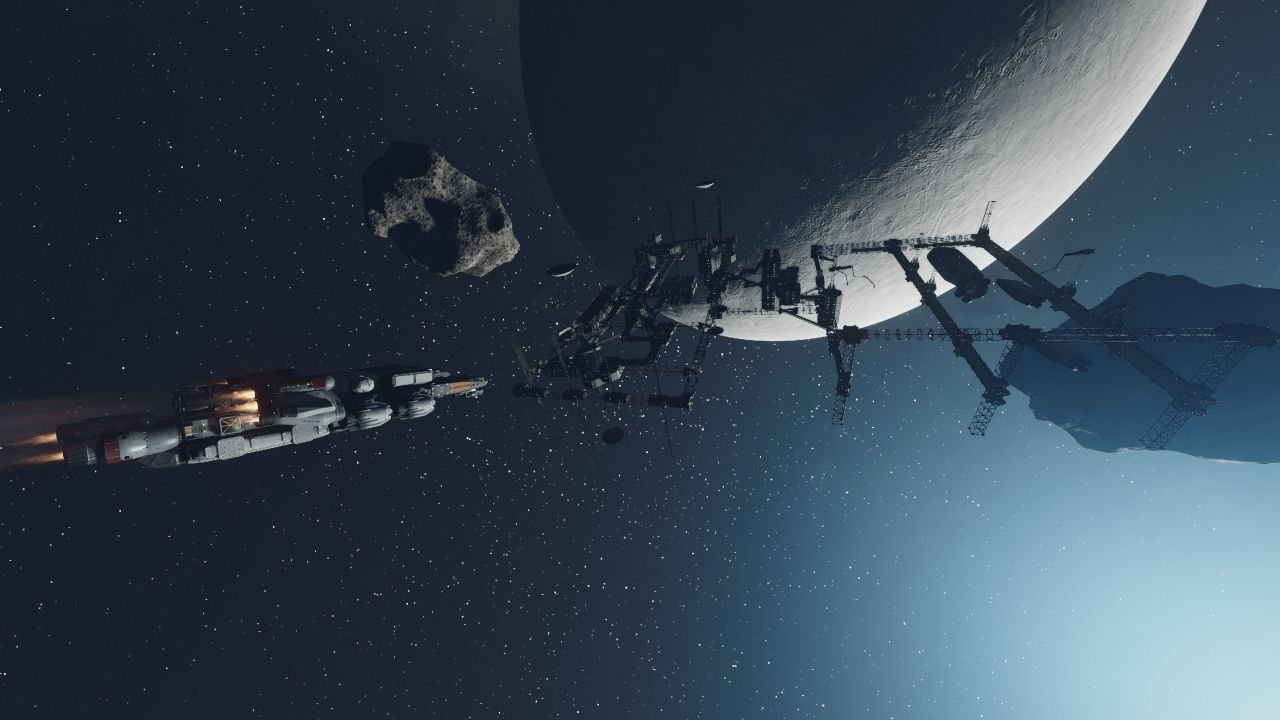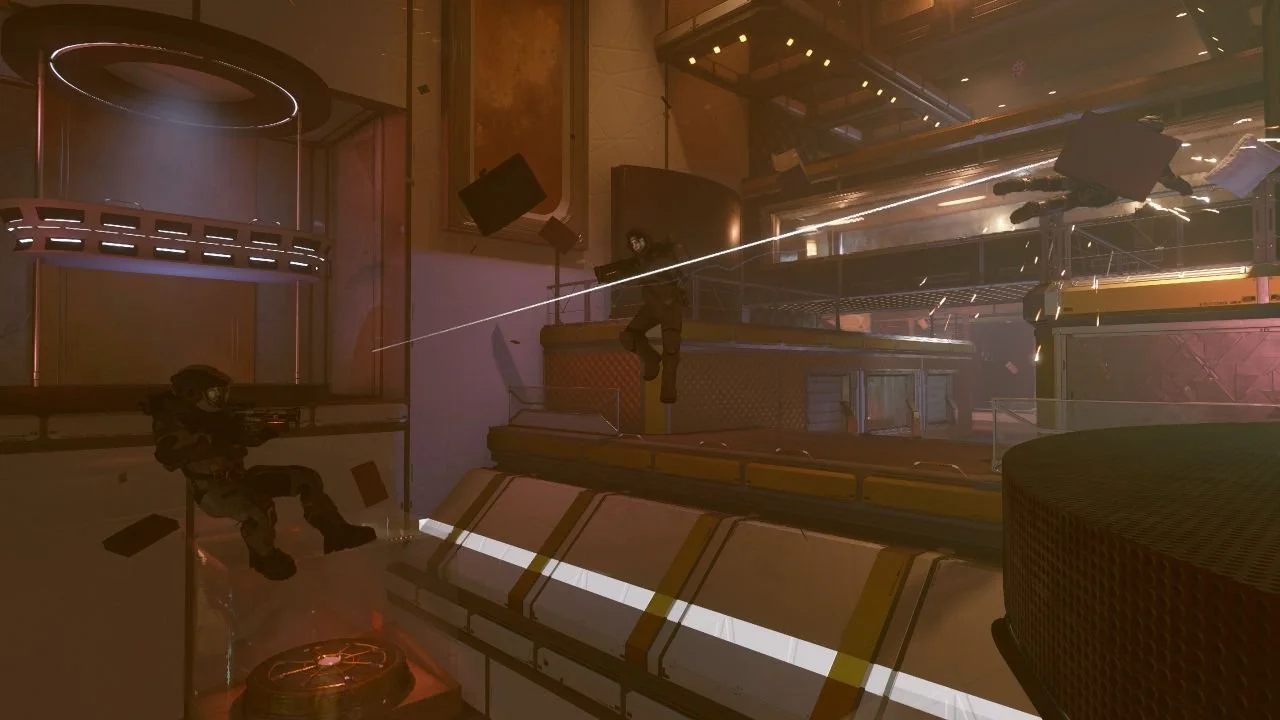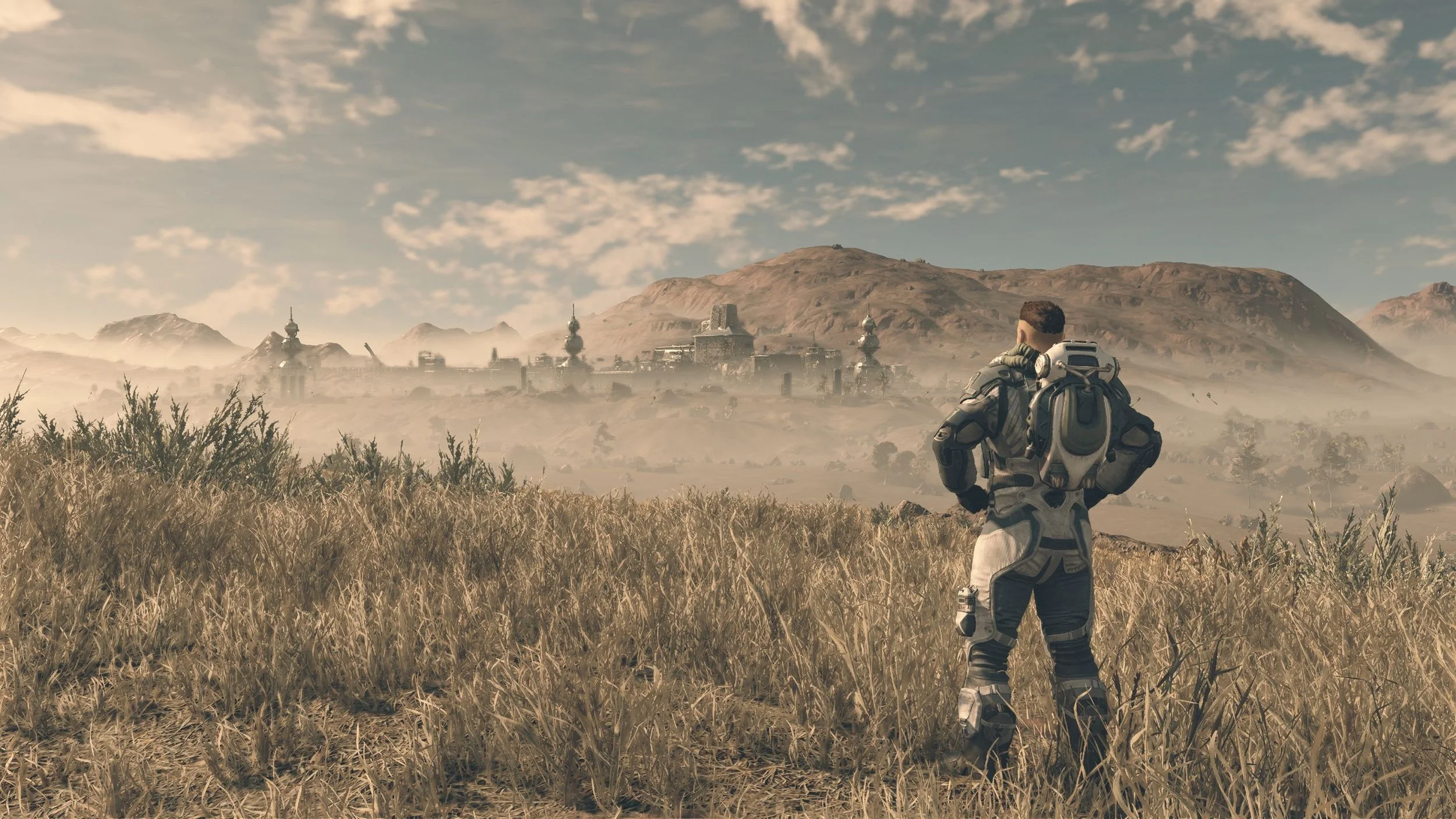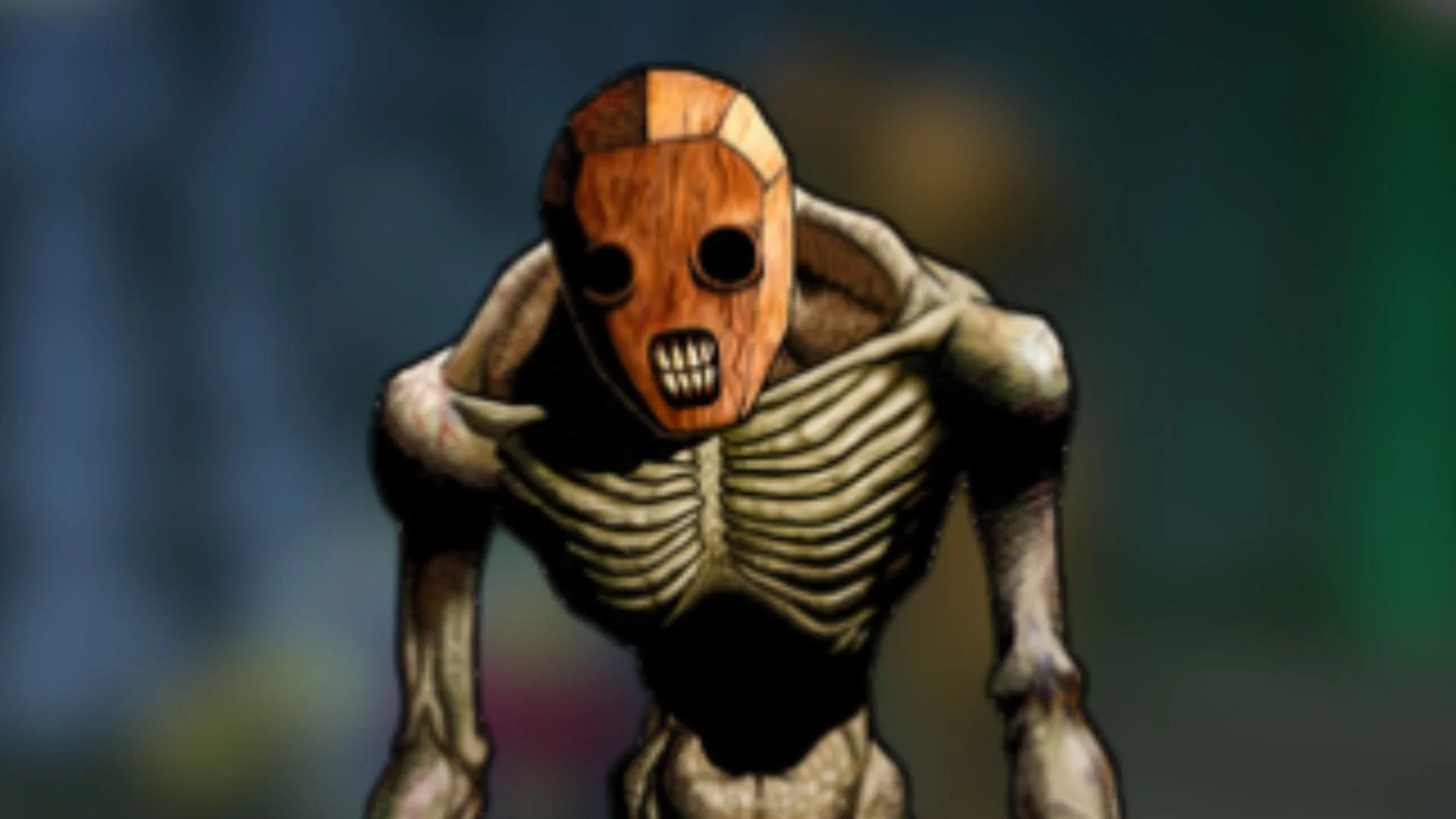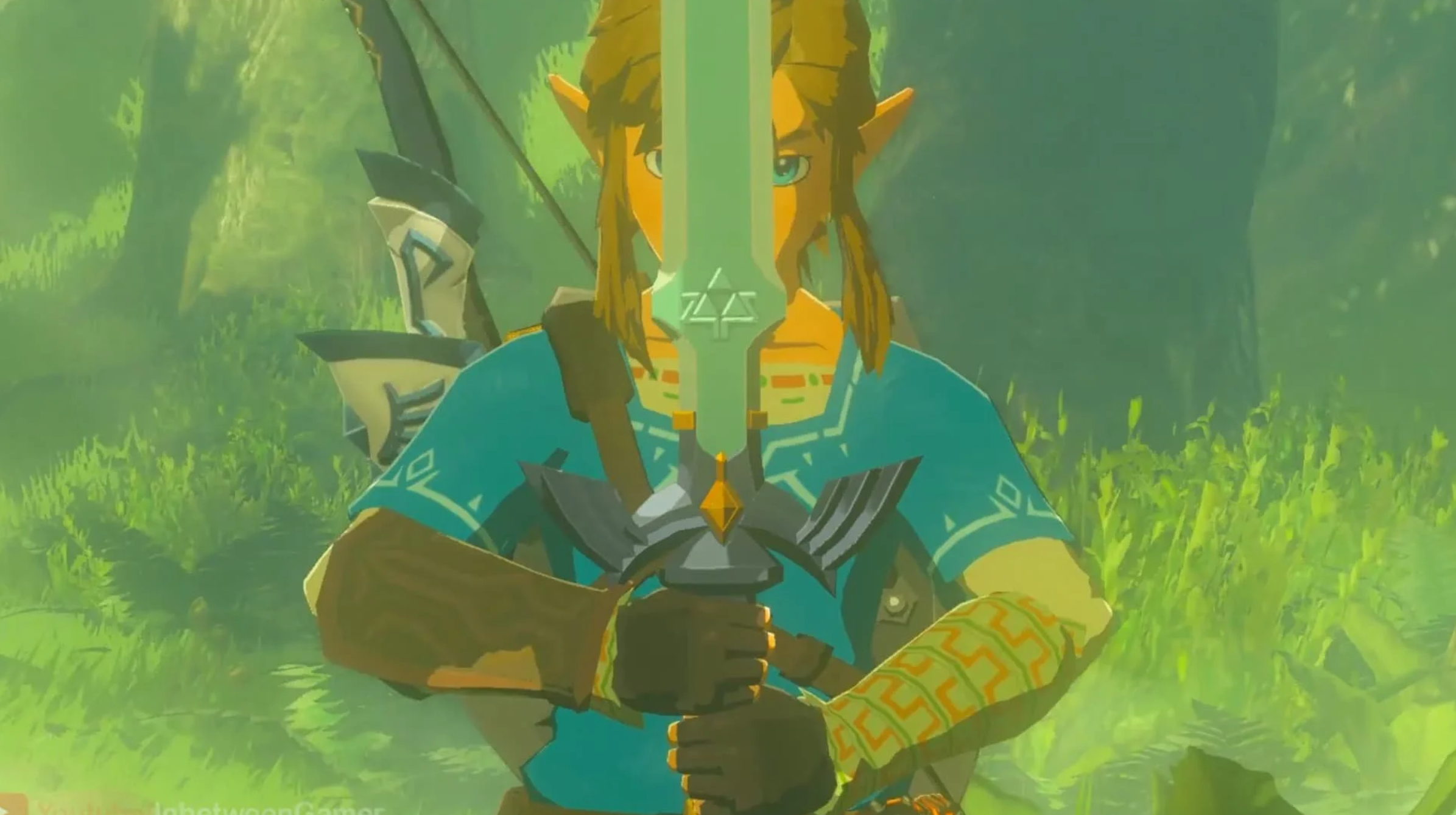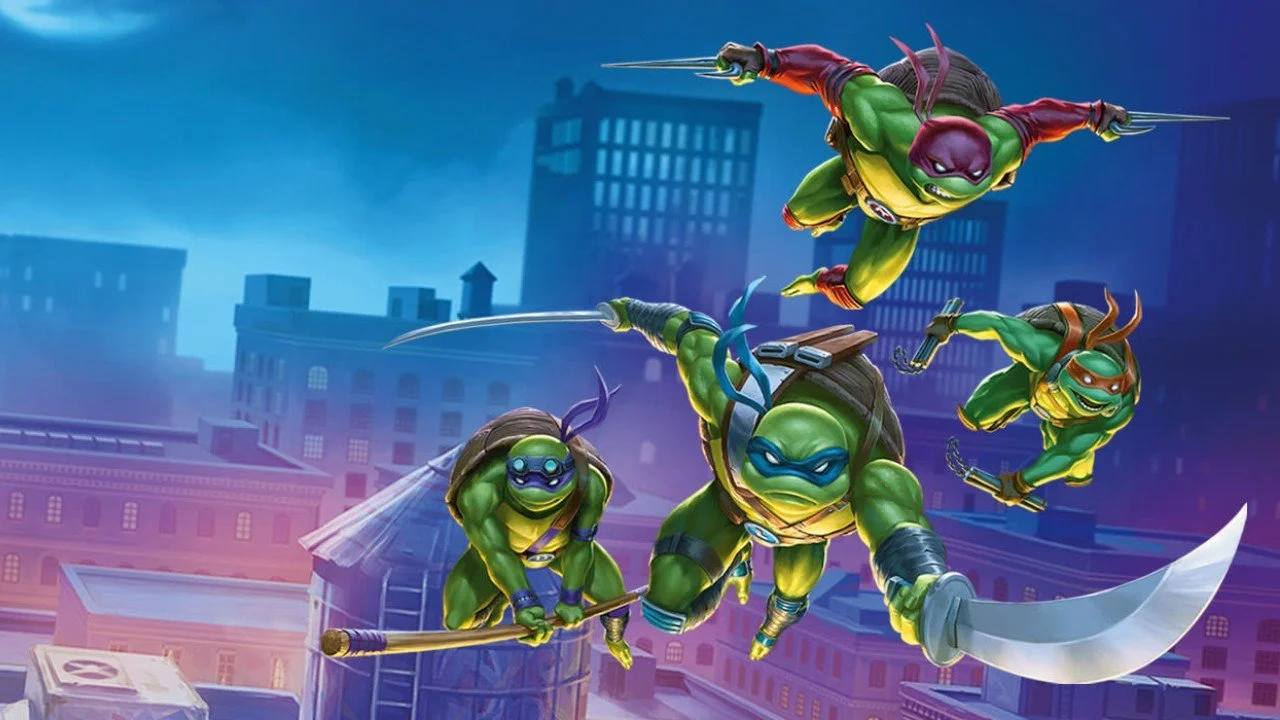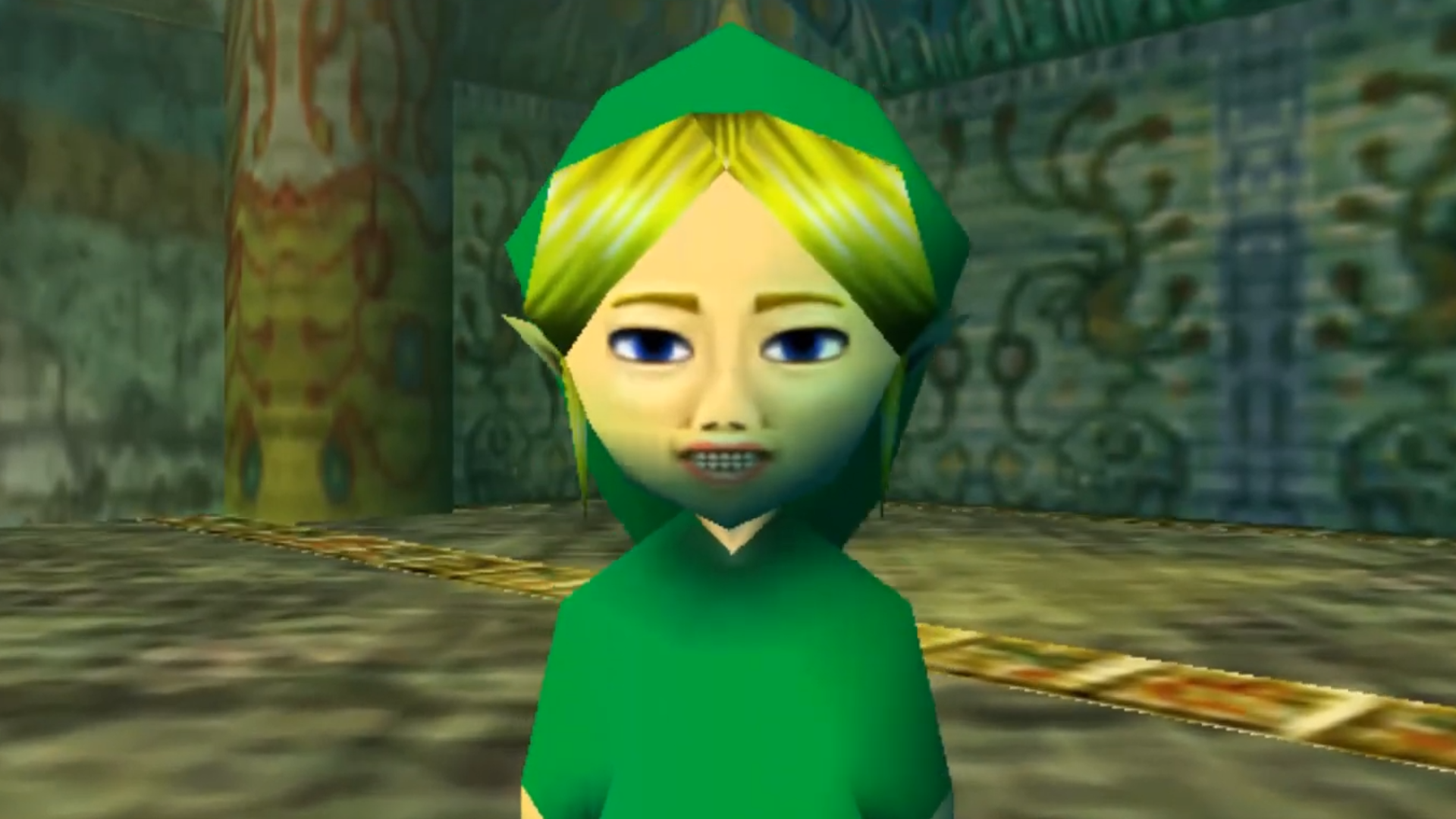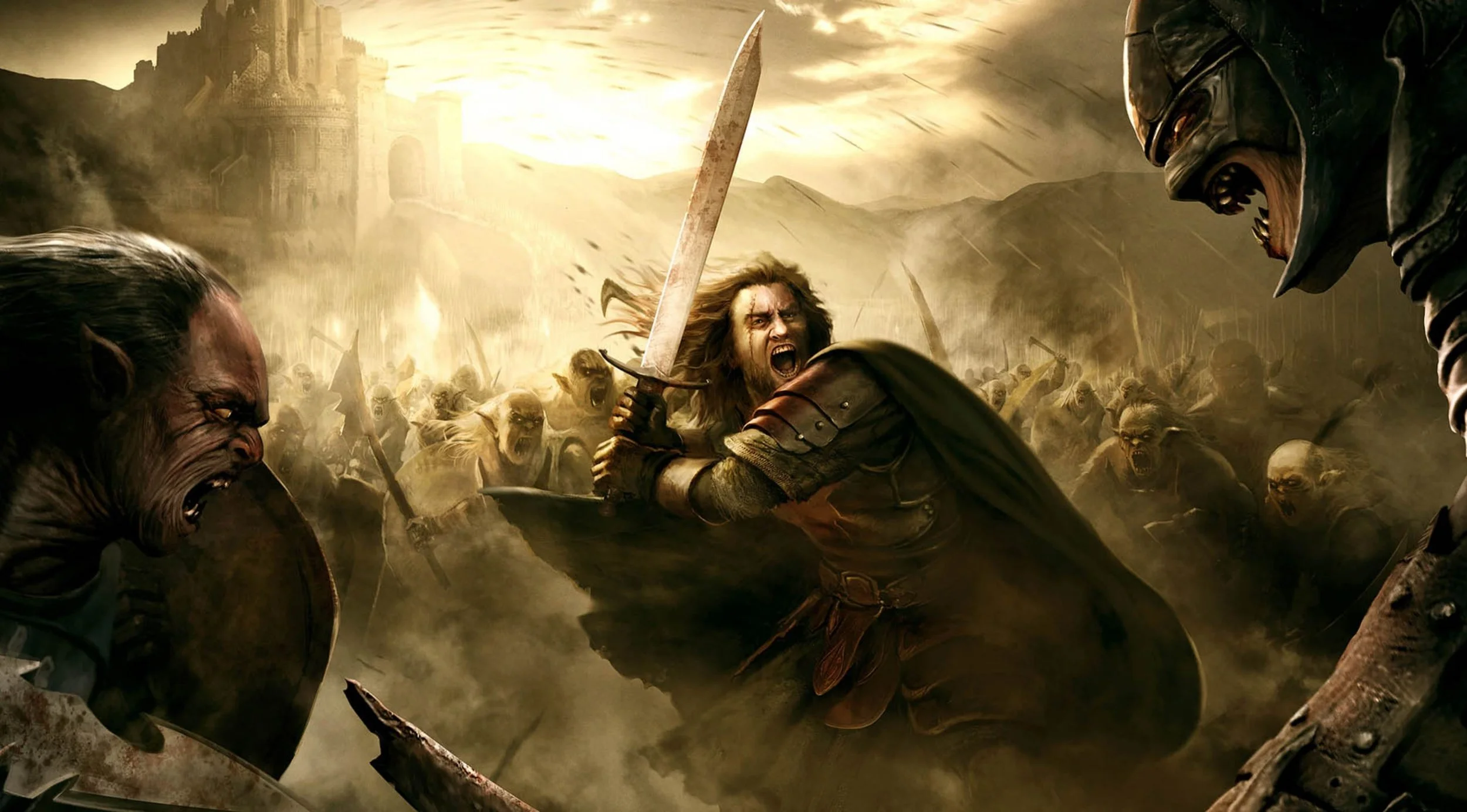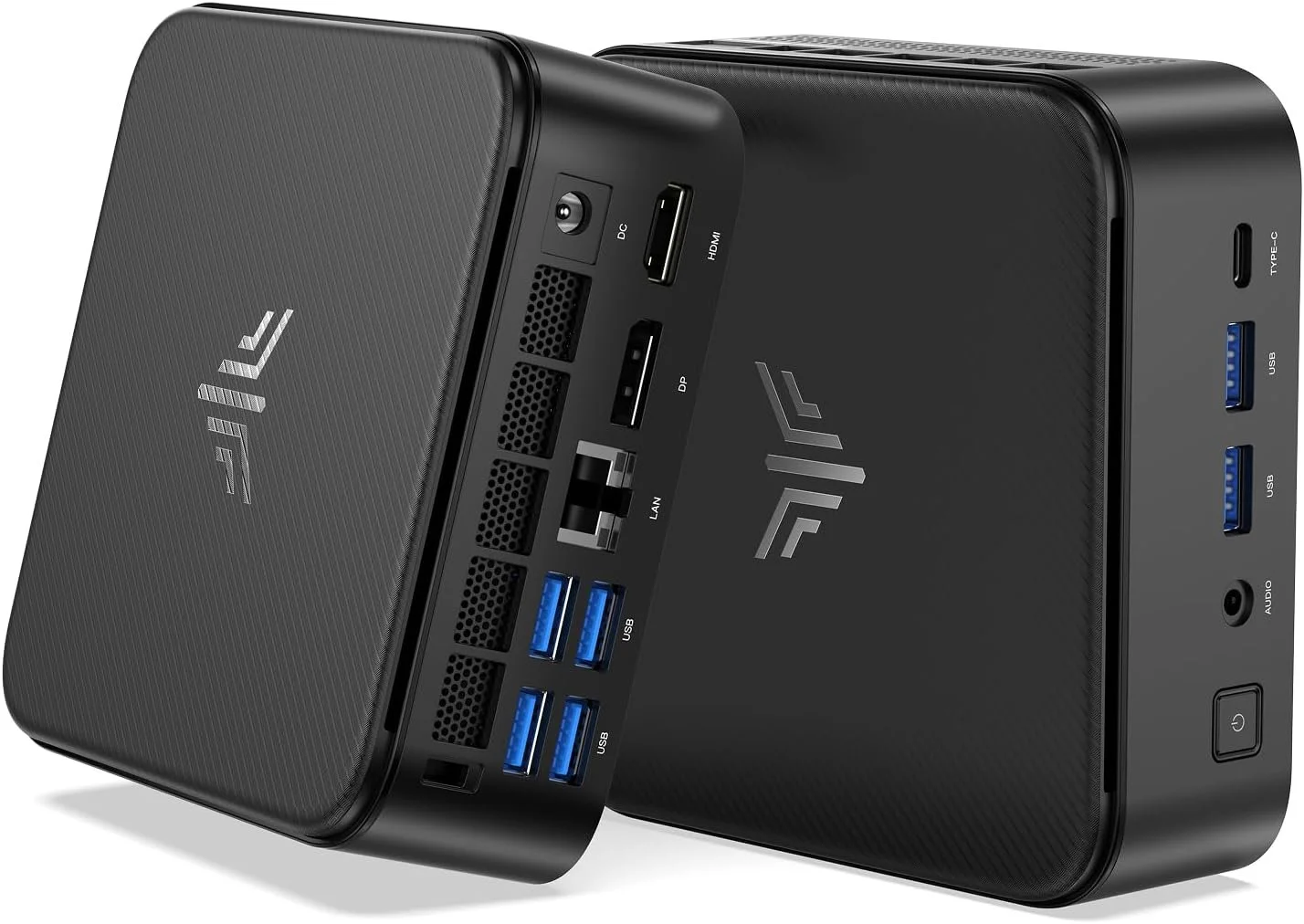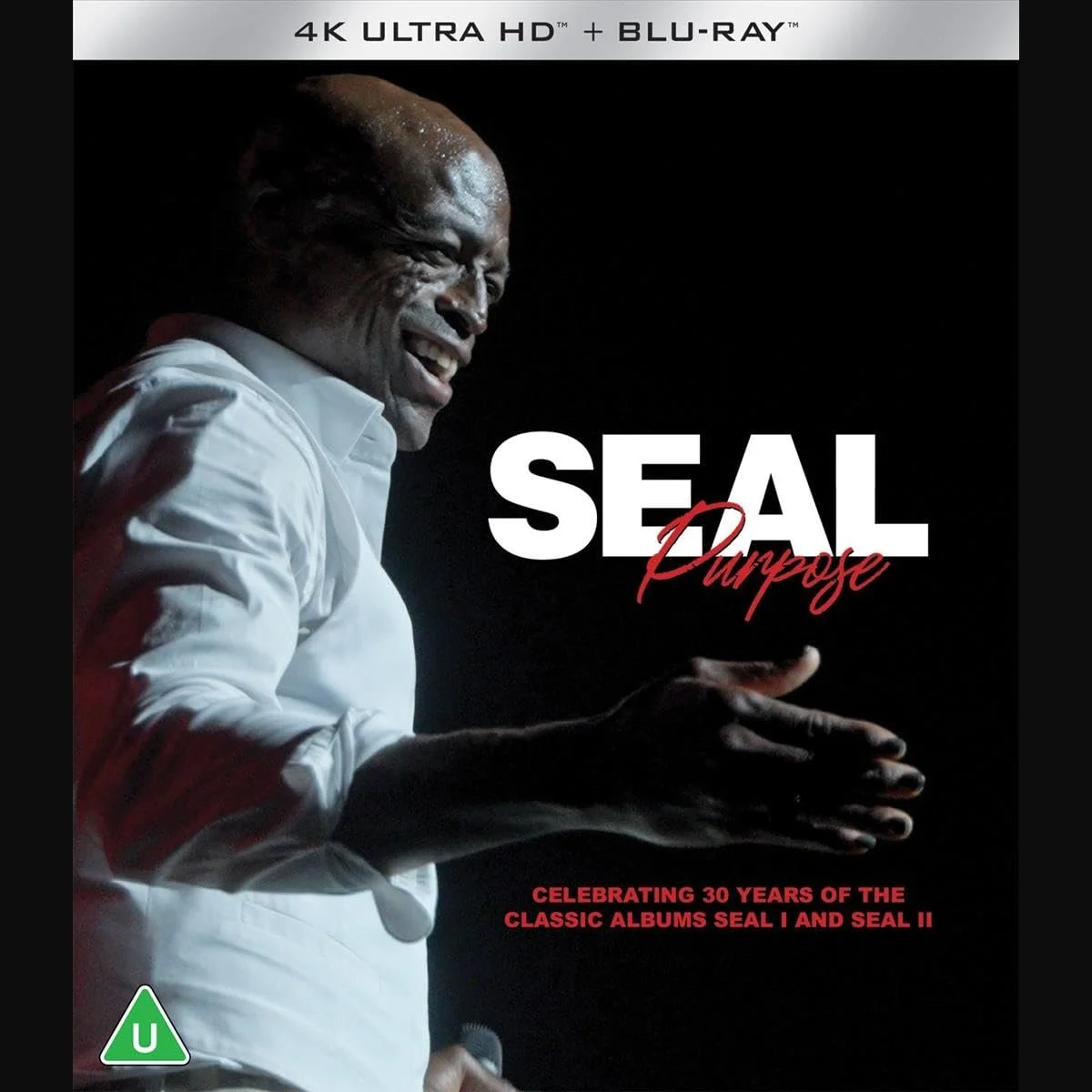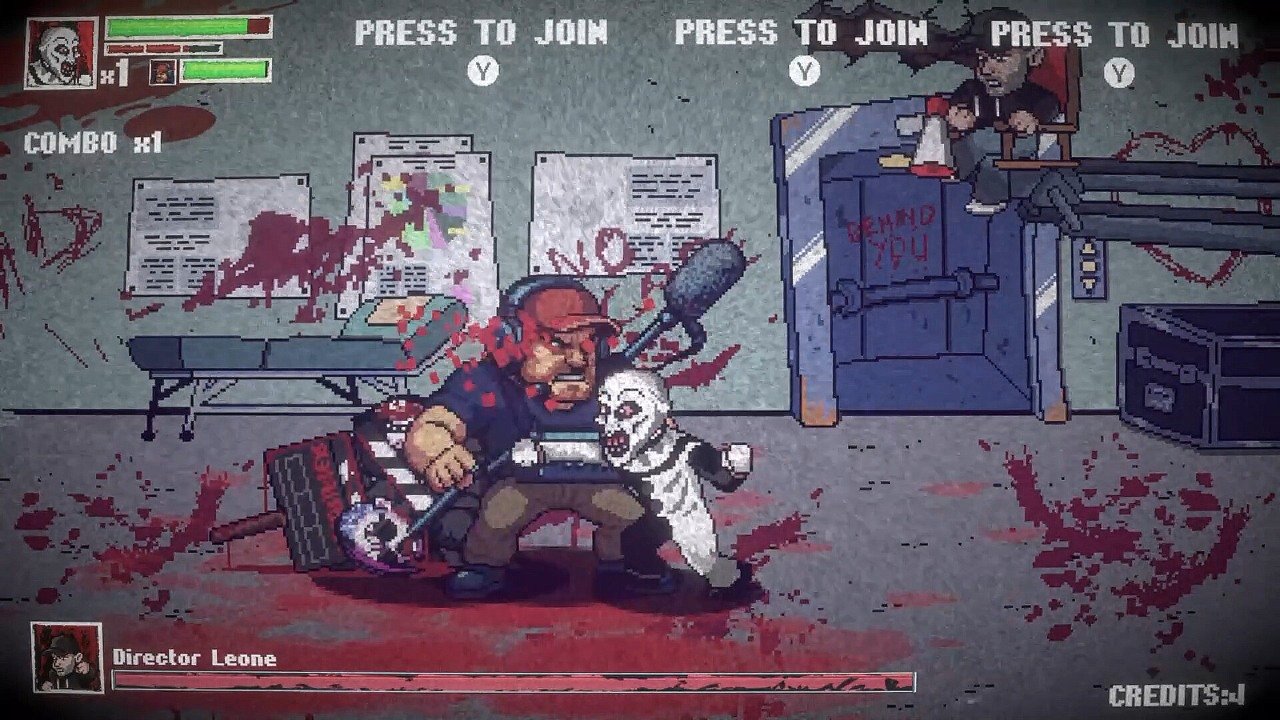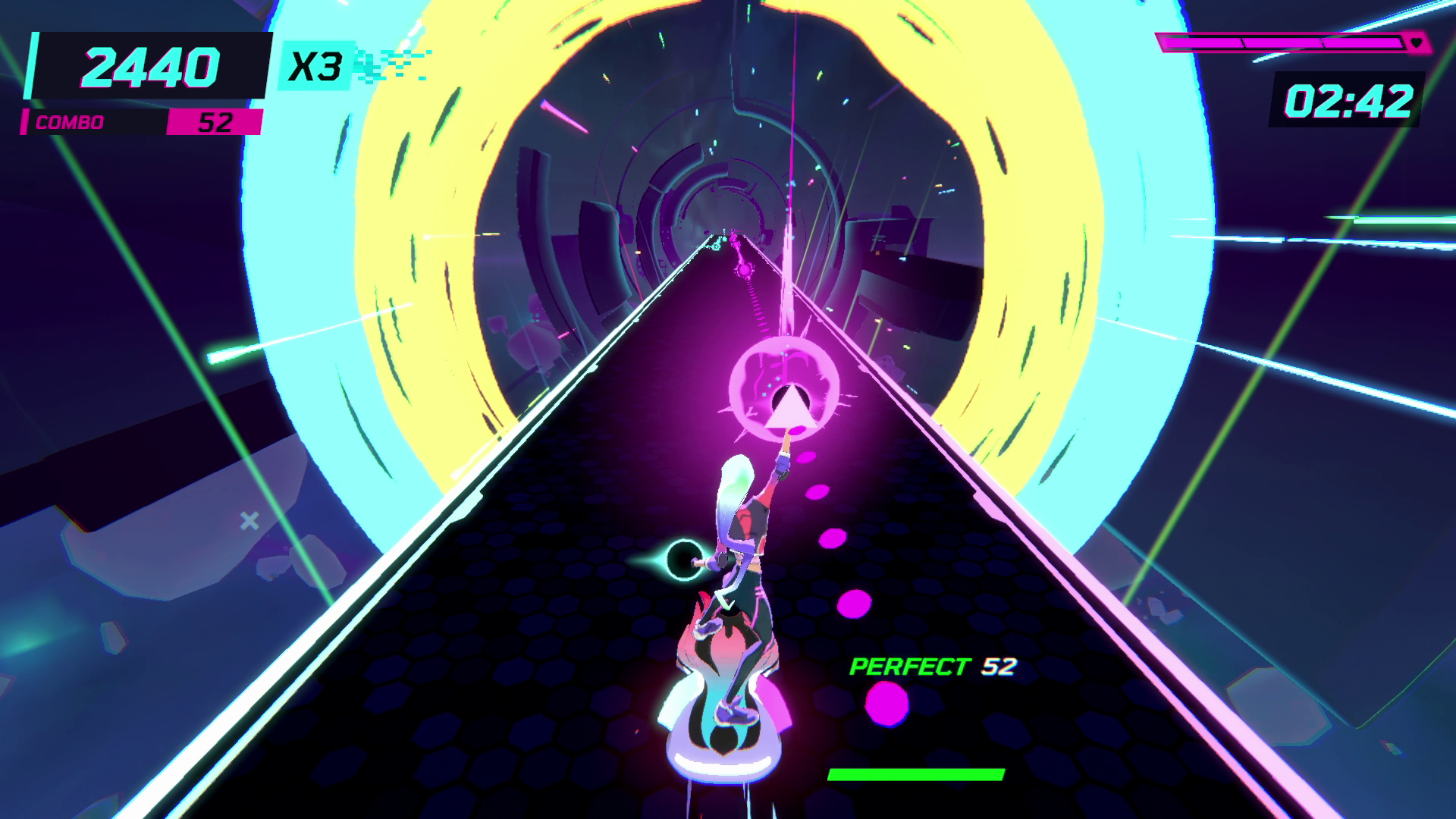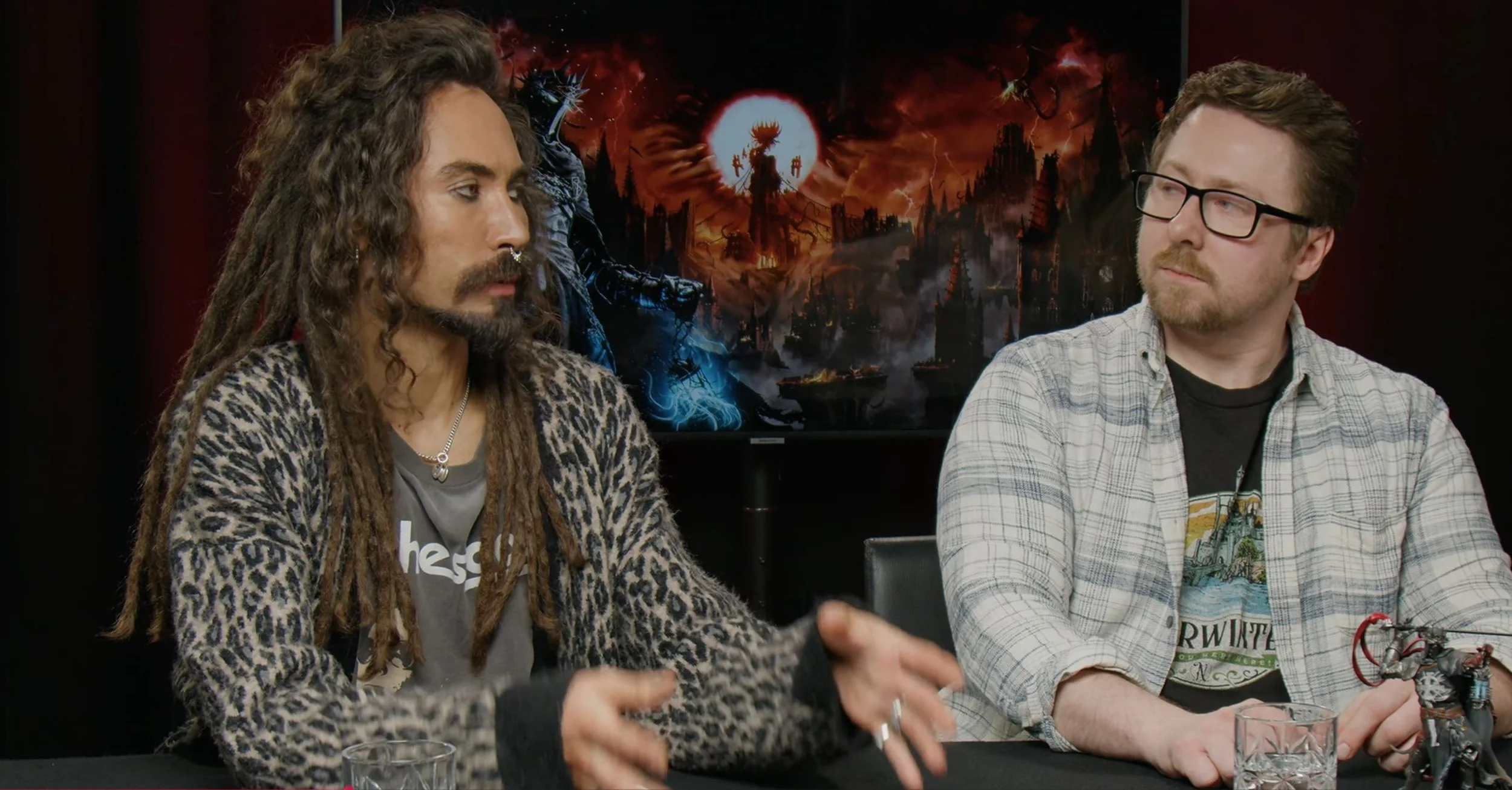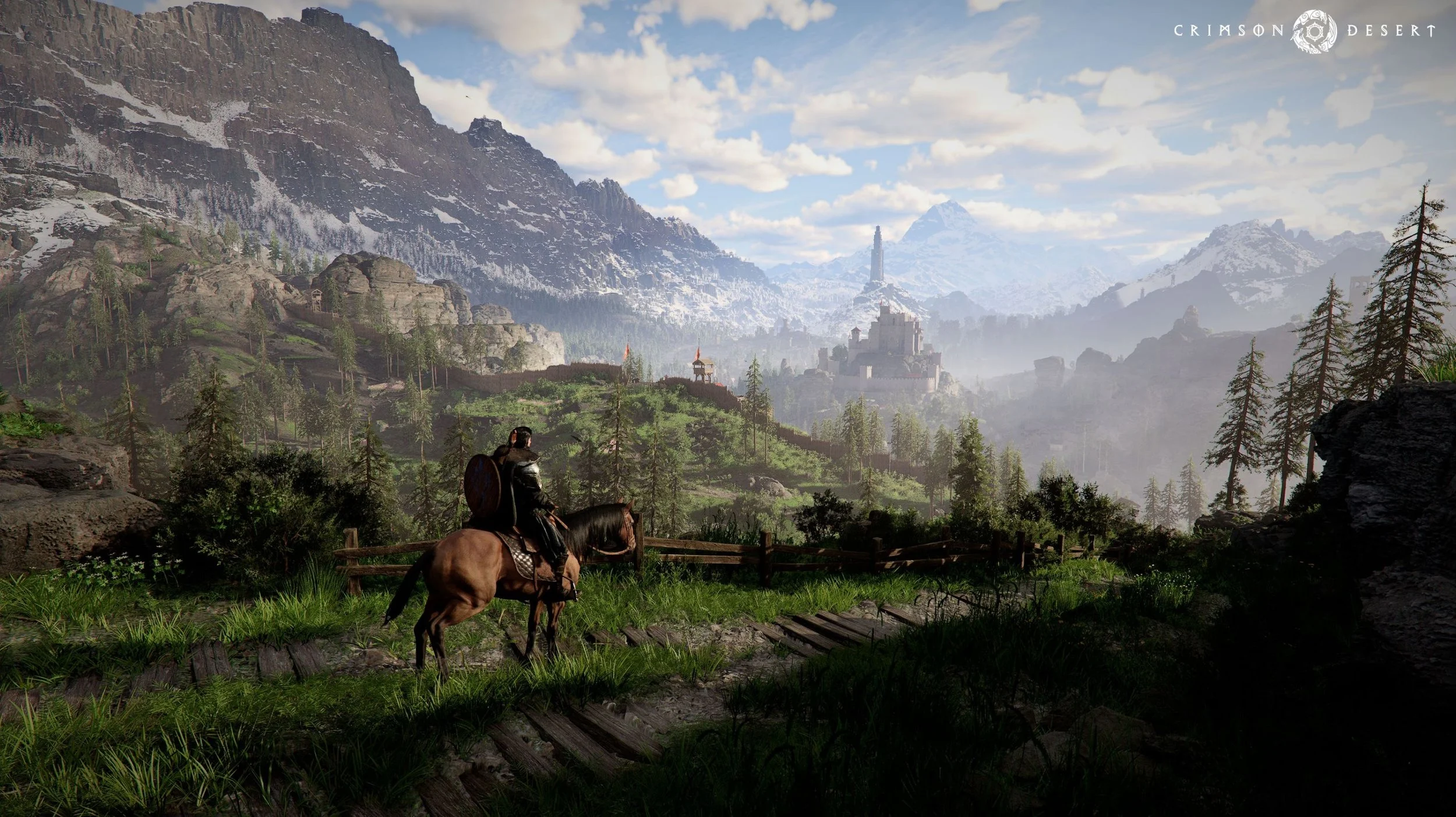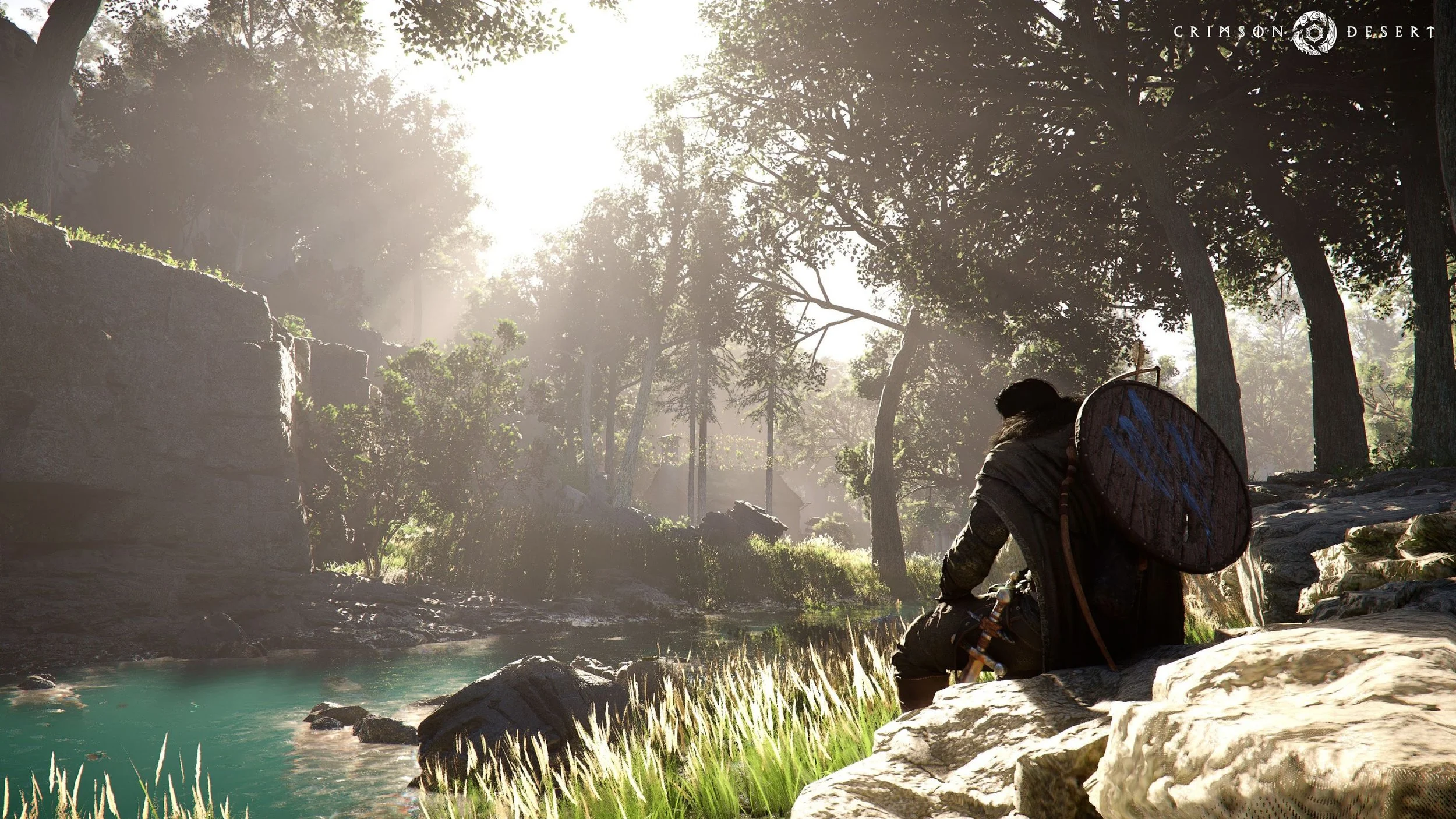Microsoft Store Code Provided by Bethesda
Phew.
If you haven’t been living under a rock for the last week or so, you’re by now aware that Bethesda’s latest title Starfield has been available for those with Early Access since August 31st/September 1st. Here at GameTyrant, we were not given a review code before the Early Access launch, so our review will not be up for a while longer. However, after a long weekend checking out a few dozen hours of Starfield, I wanted to put down some thoughts on what some people are calling “a garbage release” and others are calling “Game of the Year.”
Why Not A Review?
Starfield is a game touted by Bethesda to contain hundreds of hours of gameplay, with many large questlines, factions, companions, and various outpost and shipbuilding mechanics to lose track of time with. With that being said, I have “only” been able to put about 30 hours into Starfield. I am unsure of how far into the main storyline I am, as being consistently sidetracked by other activities is part of the Bethesda experience. Previous Bethesda games like Skyrim, Oblivion, and Fallout have expansive worlds that see the player stumbling into new stories and adventures, even as they are on a different set of quests. The beauty of these massive RPGs is that going on these side quests doesn’t take away from the main story, except maybe to make the player feel like the main story is a touch lame (looking at you Skyrim and Paarthurnax). The downfall is really the sidetracking that occurs before realizing you’ve spent 8 hours becoming an assassin and don’t know what’s going on with the civil war.
Starfield takes that idea and flies with it. In my first 10 hours, I got dragged into a conflict between settlers and space bandits, gathered the whole system into an alliance, and led them (with my charming space rogue taking point) into an epic space battle that culminated with docking to and wiping out their space station. I then realized I had taken 2 hours to do an entire questline while the people I had flown to the system to save had kind of…. sat on the back burner. This is the shortest sidetrack I have taken in Starfield, with my latest departure leading my character into romance, danger, and becoming a space sheriff. Guess I have to get back to the actual reason those Constellation folks gave me a ship…
These side quests have been a blast, and I have many thoughts about what Starfield is and what it should be rated, but I can’t objectively put together a rating on a game that I have put 30 hours into and actually didn’t really enjoy until 12 hours in. The compromise is a series of first impressions about the game without actually rating it, so readers have the chance to understand what they can expect this early without having to put multiple days worth of gameplay into it. As I am basically playing an Old-West gunslinger in space, I’m going to group these impressions into 4 categories that I feel are cleverly themed.
The Good
As mentioned, Starfield is huge. Monstrous. Enormous. With over 1000 planets and a few dozen systems, in 30 hours I have barely visited more than a baker’s dozen of them. Each of those systems has multiple planets and many of those planets have quests or activities on or around them, and that doesn’t even include the general exploration to be done on each planet. Many of these quests feel dynamic in that you will be hailed out of the blue or overhear a stranger in an outpost airing a complaint, leading you to follow up and end up falling down the questline rabbit hole. While it is typically your choice to follow up on these, I have been surprised how many seemingly small activities end up being well-written and unique storylines that are quite fun.
As you wander about and complete these quests, you can level up skills that allow somewhat of a “skill-tree” based progression, with each additional level of skill requiring a mini-quest to allow an upgrade. These are typically simple like “kill X people with pistols” or “sell X amount of items”, scaling up as each level of the trait is unlocked. The cool part has been the way these skills encourage certain gameplay styles, and I can already tell I will want to try a different build next time I play. While the amount of skill points can feel too little for the amount of stuff to try, from what I hear there is no level cap, and the room for expanding these skills can be endless. Whether this is good or bad remains to be seen.
Bethesda games have been praised for their RPG gameplay and mechanics, but have been just as heavily hated for the amount of bugs and “jank” that plagues all of their titles. Before Starfield launched I saw many people warning others to avoid being too excited, as “Starfield will surely be riddled with bugs”. Well, I’m happy to report that most of the bugs I saw were the scuttling kind that I could shoot. It has actually been a long time since I have played a game on release (or Early Access release, I guess) that ran as smoothly and bug-free as Starfield. My frame rate is consistent, I haven’t had to reload a save because of a game-breaking issue, and besides some minor camera issues that didn’t affect anything besides my view angle or made some people look very strange, nothing has stood out to me as a bug. Of course, the beloved Bethesda jank can still be seen in the way some enemies or characters can get stuck in walls, blasted into the air, or speak to you without looking at you, but those were more funny than annoying.
The Bad
One of the biggest enemies of Starfield was actually the weight of its own expectations. Many people were expecting more space-simulation mechanics like flying between planets and free-planetary exploration, which Starfield simply doesn’t have. Loading screens separate everything in Starfield, from outside to inside a building or from space to landing, and it definitely was jarring. As a fan of space games like No Man’s Sky, Elite Dangerous, and the infamous Star Citizen, I was hugely disappointed when I got my first ship and realized that I was doing a glorified fast travel between different scenes. While it hadn’t been stated that that was how the game would be played, in my head the expectation of free exploration and space equated to seeing myself land the ship or fly in orbit and that is not the case.
These high expectations had an effect as well upon the usefulness and utility of my ship and various locations. After spending a lot of time upgrading my ship and adding new modules, I was bummed to see that most of the modules were just for show and had no real use, or only had a minor utility that I didn’t believe was worth the cost. Building outposts was a pain, and having to hunt for resources while wandering on foot for kilometers was a buzzkill from the action of the Space Opera, and I was loath to leave the questlines to grind out enough resources for more than a small mining outpost.
The Ugly
Back in Fallout 3, players could see the inventory of the container they were moving items into. Why is it that Starfield, more than a decade later, has regressed on inventory management in favor of having 3D models of each item? While those models are quite cool and well done, the current state of the UI and inventory systems can be very annoying when trying to figure out what you are carrying vs. your ship, your companion, or the vendor is carrying. The lists of items can become quite cumbersome very quickly, and with no ability to sort the lists beyond basic type, it becomes very easy to lose items or have to slowly read through each item description to see what aid item has what effect.
My biggest issue with Starfield, however, is simply how long it takes to get fun. After a whirlwind of an intro, once I was plunked into the open universe and let loose I really didn’t know what to do, and everything I went to do felt… pretty bland. Early combat (on foot and in your ship) feels weak and floaty, the crafting is a grind as is the outpost creation, and you don’t have money to do anything cool with your ship. For the first 10 hours after the intro I had fun, but it definitely was a dread feeling as I played along and tried to really dive into the game but kept finding myself thinking “is this it?”. After the heightened expectations that got taken down and a very unfulfilling early game, it makes sense to me why some people are calling Starfield an epic flop, especially when those people haven’t played more than a dozen hours.
The Weird
After those dozen hours of “is this it” gameplay, things started to come together. I fell into a very cool questline and started getting an understanding of shipbuilding. I picked up a few new quests, got some cool guns, and unlocked some more skills. I went from being a sad little space boy to being a gunslinging badass, taking out pirate fleets and outposts whilst wisecracking with my companions. The combat became more punchy and fun, and I found myself having to restart fewer space battles. Some of the crazier fights had me fully engrossed, and multiple storylines had me engaged all the way through to the end. That’s when I had a pretty heavy realization. The lack of fun early on was my fault.
For the first 12 hours, I was sort of let down. Once I got out of my head the expectations of what Starfield wasn’t, I was able to start appreciating it for what it was. No, it isn’t a space simulator with wide-open planets and ships that can fly anywhere. It is a Bethesda RPG set in space, with adventures to find and mysteries to explore at whatever speed and timing you want. Talking to others who have been playing, it’s so cool to see that we have gone and done totally separate things based on our starting traits, early decisions, or quests we went on. That’s when you really start to realize that Starfield isn’t about all the things you wish you could do, it’s about finding what is fun to you and rolling with that. So I’ll keep hunting down bounties, completely ignoring outpost building until I find a perfect spot for my vacation home, and trying to wife up my goth companion because that’s how I want to play the game. And once you find the way to play for you, you realize Bethesda really knocked it out of the park with this one.
Check out the launch trailer for Starfield below, and let us know your thoughts in the comments! Keep an eye on GameTyrant for our full review when it releases. Starfield is out now on PC via Steam and Microsoft Store, and Xbox Series X|S.
